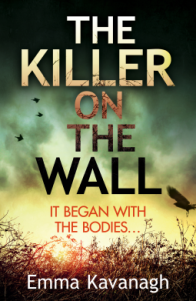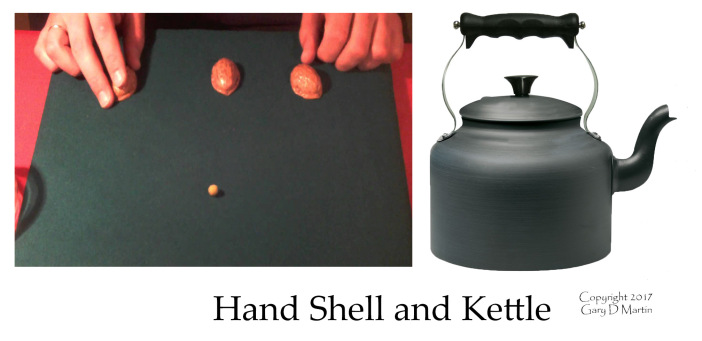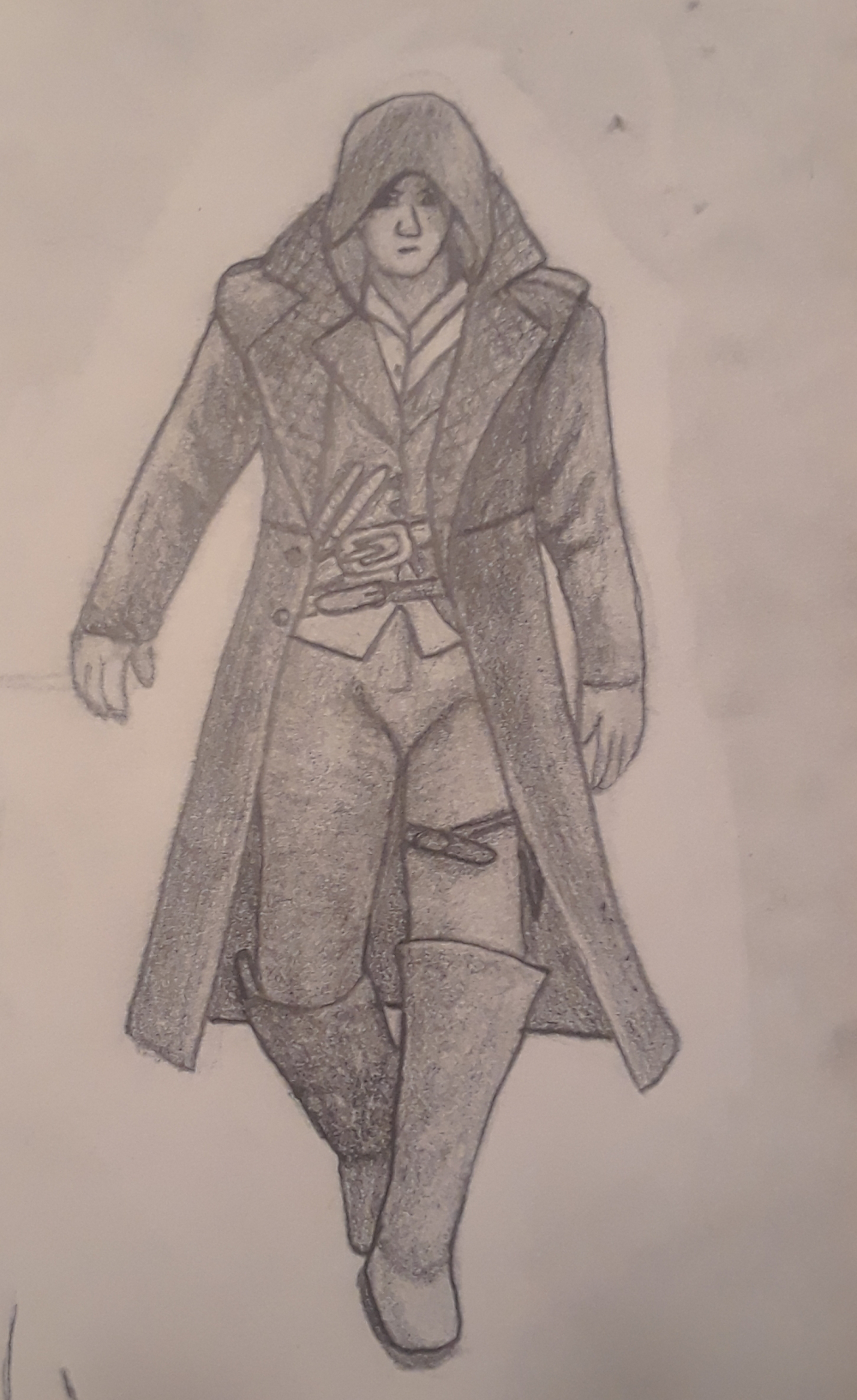My interest in Naomi Alderman’s The Power was piqued after it won this year’s Bailey’s Women’s Prize for Fiction. With regard to her other fiction, I had only read Alderman’s The Lessons beforehand; I did this three or so weeks before the announcement of the Bailey’s Prize. I very much enjoyed it – almost loved it, in fact. This, twinned with the hype around the title, made me want to read The Power sooner rather than later. The novel has been deservedly hyped, it must be said. Margaret Atwood calls the novel ‘Electrifying!’, and the New Statesman deems it a ‘thrilling, spark-throwing version of the future detonates almost everything that seems normal about gender in the present.’ The Guardian calls it ‘an instant classic’, and Grazia writes of it as ‘The Handmaid’s Tale for the Gone Girl generation.’
Comparisons to The Handmaid’s Tale are too obvious, and have been done; needless to say, The Power is probably closest to it in terms of the dystopian books which I’ve read to date. I would also suggest that those who have enjoyed The Natural Way of Things by Charlotte Wood pick it up, as similarities can be drawn between the two. It also, perhaps strangely, reminded me of Roald Dahl’s The Twits and The Magic Finger; you may well see what I mean when you’ve read it.
The novel’s blurb is immediately enticing: ‘All over the world women are discovering they have the power. With a flick of the fingers they can inflict terrible pain – even death. Suddenly, every man on the planet finds they’ve lost control.’ The Power is supposed to have been written by an author named Neil Adam Armon, who has been looking into the history of this mysterious, dangerous power which women are found to have possessed for centuries. Neil is rather a dry historian, but has decided to present something a little different in his newest book: ‘… What I’ve done here is a sort of hybrid piece, something that I hope will appeal more to ordinary people. Not quite history, not quite a novel. A sort of ‘novelization’ of what archaeologists agree is the most plausible narrative.’ Neil introduces the story in a series of letters to Naomi.
The Power opens in the following way: ‘The shape of power is always the same; it is the shape of a tree. Root to tip, central trunk branching and re-branching, spreading wider in ever-thinner, searching fingers. The shape of power is the outline of a living thing straining outward, sending its fine tendrils a little further, and a little further yet.’ This quote is attributed to ‘The Book of Eve’ from a kind of inverse Bible. In fact, The Power comes across as a reversed history, with many fantastical elements, and a worldwide, almost epidemic scale, thrown in.
The first character whom we meet is Roxy, who discovers that she has the Power after two men hurt her mother: ‘Roxy feels the thing like pins and needles along her arms. Like needle-pricks of light from her spine to her collarbone, from her throat to her elbows, wrists, to the pads of her fingers. She’s glittering, inside.’ Roxy becomes one of the youngest, and one of the first, to have the Power. Other stories and cases are soon outed upon the Internet, with videos appearing on YouTube.
The Power, in all, follows four different characters, three of whom have the Power, and one of whom, Tunde, is exploiting it in a way, shooting footage and selling it to newspapers, before he becomes a correspondent for CNN. These characters live in destinations as far-flung as Wisconsin and Moldova, and their paths cross and converge as the novel goes on.
The structure of the novel works on a kind of countdown basis. At the beginning of the story, there are ‘Ten years to go’, then nine, then eight. Rather than ensure that the hierarchical world power structure is destroyed, there soon evolves a hierarchy between those who have the Power; there are leaders and minions.
This seemed like a very good time in history for Alderman to publish such a novel; I think we all need to know that the future can be markedly different in all manner of surprising ways. The Power provokes so much thought, and has a storyline which cannot be easily forgotten. The Power is a clever book, but it does rely a little too much upon religion and bureaucracy; in fact, these draw attention away from the main thread of the novel. I was not personally keen on the ‘mixed media’ which is spattered throughout the story, with its diagrams and ‘extracts’ taken from chatrooms and other webpages. The fantastic element of The Power has been well thought through, but I found it too drawn out in places, and even got a little bored of it toward the middle. I will say that The Power, in my opinion, is nowhere near as compelling as The Lessons, but it does make some interesting comments upon the modern world, and is worth reading for this alone.
Purchase from The Book Depository
Advertisements Share this:




